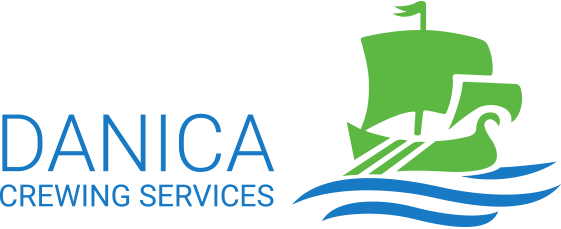Crews from around the world
Danica Crewing Specialists is able to supply your ships with a range of competent crew of many different nationalities.
Here is some information to help you decide who best suits your needs.
Philippines fact sheet

General
Capital
Metro Manila is the National Capital Region located on Luzon the largest island.
Population
114 million
Currency
Philippine Peso 1 Peso = 0.018 USD
Language
English and Tagalog
Seafaring history and traditions
“According to the Department of Migrant Workers (DMW), since 1987 the Philippines has been the world’s main supplier of sea-based workers, making the country the manning capital of the world. Around 229,000 Filipino workers are on board merchant shipping vessels around the world at any given time. Overall, Filipino sea-based workers comprise more than 25 percent of the 1.5 million mariners worldwide, making them the single biggest seafarer nationality bloc in the shipping industry.
It’s no surprise that Filipino seafarers have made a mark in the maritime industry. The nation itself is an archipelago, with local seafarers voyaging long before Spanish galleons traveled between Manila and Acapulco. However, the surge in the number of Filipino sea-based workers occurred during the oil crises in the 1970s when the world could no longer afford Western crews. The need for seafarers drew Filipinos from the underprivileged provinces of the Philippines to enroll in the local maritime schools.
Today the Philippines continues to be the primary source of sea-based workers in the global shipping and transport market, providing manpower for tankers and sea vessels from other countries around the world, most notably Denmark, Japan, the United States, Panama, Liberia, Cyprus, Bahamas, Jamaica, Greece, Malta, Singapore, Norway, and Germany.
Most major universities of the Philippines offer Maritime courses with the leading public school being the Government-funded Philippines Merchant Marine Academy. It also has its own training centre for further development of seafarers. There are between 20-35,000 maritime students completing their three-year course every year but only about 5,000 manage to find jobs on-board ships to continue their seafaring career. As these numbers reveal there is a huge supply of cadets available every year to be developed to officers and crew for any company willing to invest in cadetship training developing and building their pool of seafarers.”
Number of officers
81,090 merchant vessels
Number of ratings
171,303
Vessel types (on which the seafarers have experience)
All type of vessels including Cruise and Offshore
Key maritime cities / Seafarer hubs
Metro Manila, Luzon, Cebu, Iloilo, Mindanao
Key maritime education and training centres
Metro Manila Luzon, Cebu, Iloilo, Mindanao
Danica Office
tba
